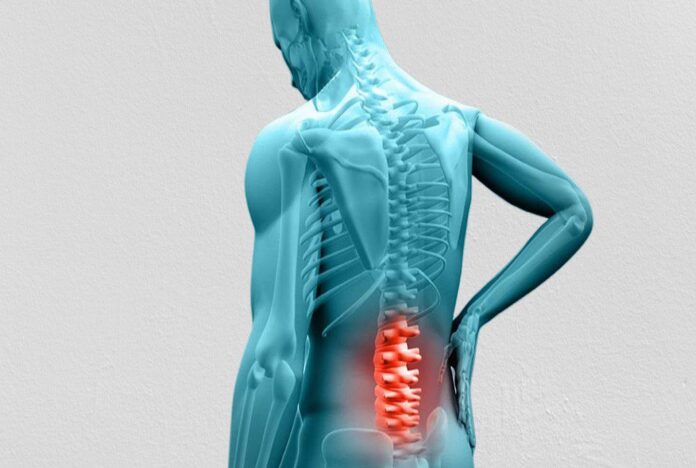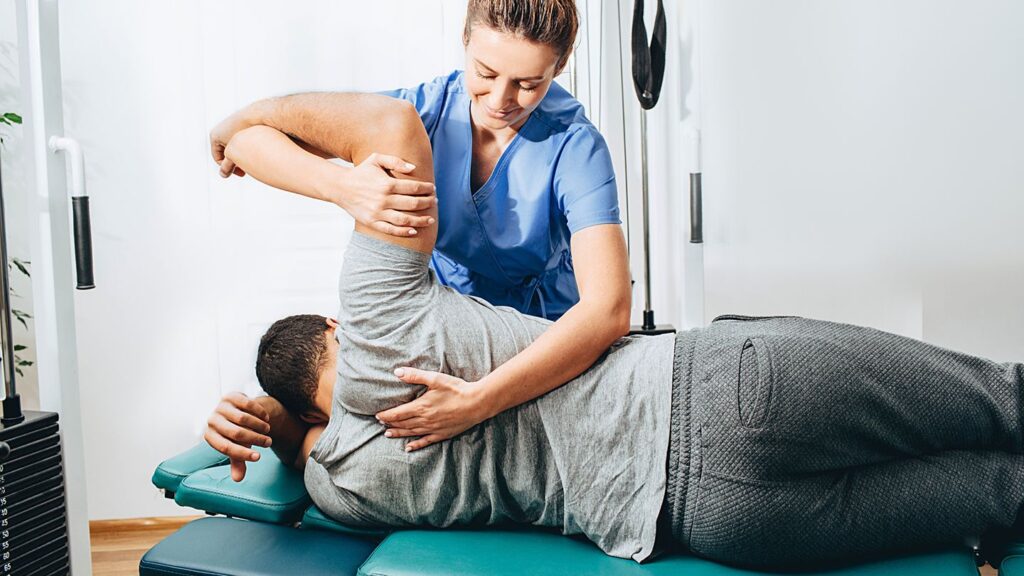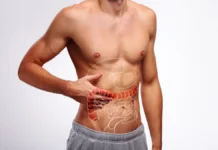
Your spine has a series of bones. Between the bones are round cushions known as discs that absorb shock and allow you to move and bend easily. A herniated disc happens if one of these discs slips or bulges outside. Discs can press against the surrounding nerves leading to spinal pain or altering your mobility. A herniated disc can occur in any part of your spine. Pain in the affected body part is the main symptom of a Roswell herniated disc.
Herniated discs mainly occur in the neck and lower back. Sitting for prolonged periods in the same position, being overweight, lifting heavy objects, and repetitive bending or twisting motions can lead to herniated discs.
Pain

If your herniated disc happens in your lower back, you will feel pain in your lower back, buttocks, thigh, or calf. Pain can also occur in your foot. A herniated disc in the neck causes the most pain in your shoulder and arm. Coughing, sneezing, or moving in particular positions can cause pain to shoot in the arm or leg. In most cases, pain occurs as sharp or burning.
Numbness or tingling
A herniated disc causes numbness or tingling in the body part served by the affected nerves. Numbness mainly affects one side of your body.
Weakness

If your herniated disc affects nerves, the served muscles can become weak. Weakness can make you stumble or affect your ability to lift or hold items.
Treatment for a herniated disc
Pain relievers
Your doctor can recommend painkillers like ibuprofen, acetaminophen, and naproxen sodium to relieve mild to moderate pain.
Neuropathic drugs
Neuropathic drugs target nerve impulses to reduce pain. Neuropathic medications include gabapentin, pregabalin, duloxetine, or venlafaxine.
Muscle relaxers

Your healthcare provider can prescribe muscle relaxers if you have muscle spasms. These drugs can cause side effects like dizziness and sedation.
Opioids
If other medications are ineffective, your doctor can prescribe short-term opioids like codeine or oxycodone-acetaminophen to relieve pain. Sedation, nausea, confusion, and constipation are the common side effects of opioids. Doctors rarely recommend opioids because they can lead to addiction.
Cortisone injections
If oral medications do not reduce pain, your provider can inject a corticosteroid around the affected spinal nerves. Your doctor can use spinal imaging to help guide the needle.
Physical therapy

Physical therapies help relieve pain, improve muscle strength and help you regain mobility.
Your doctor will instruct you on the best exercise depending on the location of your herniated disc.
Surgery
Very few patients with herniated discs require surgery. Your doctor may suggest surgery if your symptoms do not improve with other treatments. Loss of bladder or bowel control, difficulties standing or walking, numbness or weakness, and poorly controlled pain can lead to surgery. Your surgeon can perform a discectomy to remove a part or the entire damaged disc. The surgeon can do a spinal fusion during a discectomy where a bone from another body part is fixed between two vertebrae where the disc was. A spinal fusion improves support and stability in your spine.
Herniated discs happen when one of the spinal discs slips or bulges outside. They lead to pain in the affected region, numbness, weakness, or tingling. Schedule an appointment at Apex Spine and Neurosurgery for herniated disc treatment to relieve your pain.








